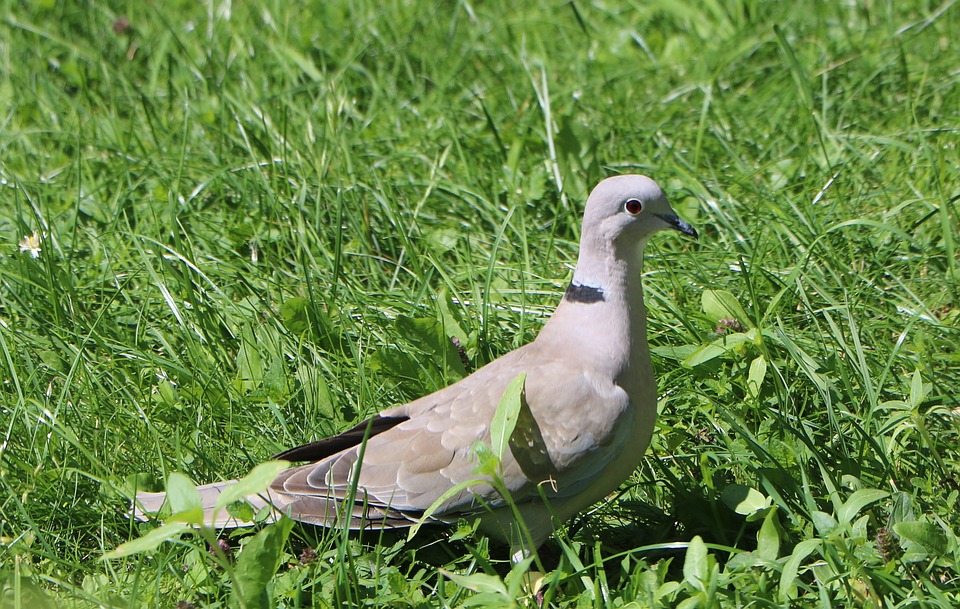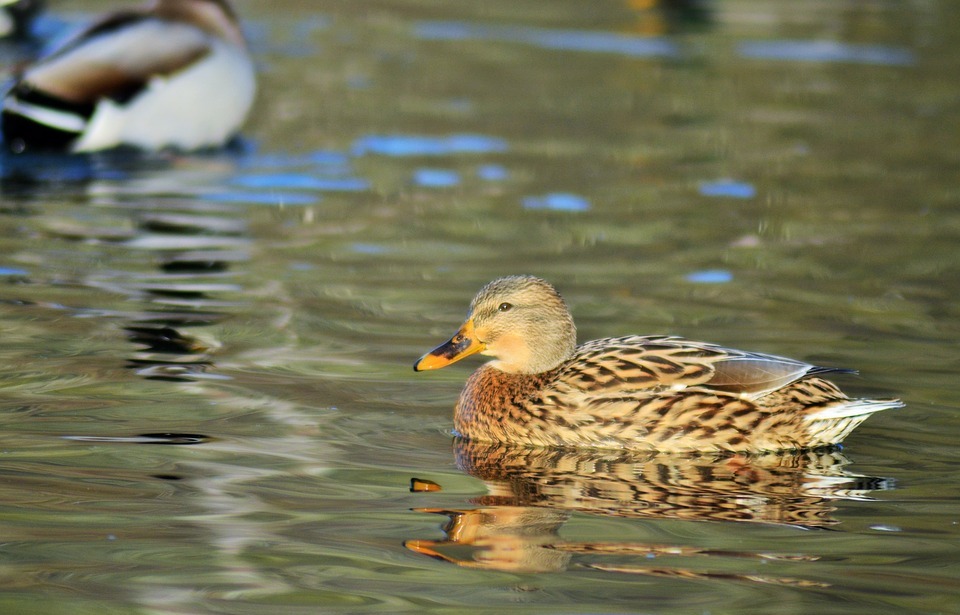This comprehensive guide explores the world of collard greens for rabbits, uncovering whether these leafy delights are safe for your furry friend. We'll delve into the nutritional benefits and potential risks of collard greens, providing a step-by-step approach to introducing them into your rabbit's diet. Alongside this, we'll examine a variety of other leafy greens suitable for rabbits, offering a wealth of knowledge to ensure your bunny thrives on a healthy and varied diet.
Part 1: The Nutritional Value of Collard Greens: A Boon for Bunnies?

1.1 A Treasure Trove of Vitamins and Minerals
Collard greens are packed with essential nutrients, making them a potential addition to a rabbit's diet. These leafy greens are particularly rich in:
- Vitamin A: Vital for healthy vision, immune function, and cell growth. It helps maintain a strong immune system and supports healthy skin and coat.
- Vitamin C: A potent antioxidant that supports immune function and collagen production. It contributes to wound healing and aids in the absorption of iron.
- Vitamin K: Essential for blood clotting and bone health. It plays a crucial role in blood clotting and helps maintain strong bones.
- Calcium: Crucial for strong bones and teeth. It aids in bone formation and is essential for muscle function.
- Iron: Supports oxygen transport throughout the body. It is vital for red blood cell production and helps prevent anaemia.
- Fibre: Promotes healthy digestion and prevents constipation. It aids in digestive health, helps regulate blood sugar levels, and promotes satiety.
1.2 The Role of Fibre in a Rabbit's Digestive Symphony
Fibre plays a critical role in a rabbit's digestive health. It helps to stimulate the digestive system, preventing hairballs and ensuring proper bowel function. Collard greens, with their high fibre content, can contribute to a healthy digestive tract in rabbits, promoting regular bowel movements and reducing the risk of gastrointestinal issues.
1.3 A Closer Look at the Fibre Content: How Much is Enough?
Collard greens contain a significant amount of fibre, which is beneficial for rabbits. However, it's crucial to remember that too much fibre can also lead to digestive issues. The optimal fibre intake for a rabbit depends on their age, size, and activity level. Consult with your veterinarian to determine the appropriate amount of fibre for your rabbit based on their individual needs.
Part 2: Navigating the Potential Risks of Collard Greens

2.1 Oxalates: A Potential Roadblock to Calcium Absorption
Collard greens contain oxalates, which can bind to calcium in the body, potentially interfering with its absorption. While this is less of a concern for adult rabbits with healthy diets, it's crucial to be mindful of oxalate levels when feeding young rabbits or those with pre-existing health conditions.
2.2 Goitrogens: A Factor to Consider for Thyroid Health
Collard greens contain goitrogens, substances that can interfere with the thyroid gland's function. While the amount present in collard greens is generally not a cause for concern, it's important to be aware of this factor, especially for rabbits with thyroid issues. If you suspect your rabbit may have a thyroid problem, consult with your veterinarian for guidance.
2.3 Gas and Bloating: A Potential Side Effect of Fibre
The high fibre content of collard greens can lead to gas and bloating in rabbits if introduced too quickly or in excessive quantities. This is particularly true for rabbits who are not accustomed to leafy greens.
Part 3: Introducing Collard Greens with Care: A Gentle Approach
3.1 A Gradual Introduction: The Key to Success
When introducing any new food to your rabbit's diet, it's crucial to start gradually. Offer a small amount of collard greens, no larger than a few leaves, and monitor your rabbit's reaction. Observe for any changes in their behaviour or appetite.
3.2 Observing for Any Adverse Effects: The Importance of Monitoring
Pay close attention to your rabbit's behaviour and health after introducing collard greens. Look out for signs of digestive upset, such as gas, bloating, diarrhoea, or loss of appetite. If you notice any of these symptoms, stop feeding the collard greens and consult with your veterinarian.
3.3 Adjusting the Quantity Based on Response: The Art of Personalized Feeding
If your rabbit tolerates the collard greens well, gradually increase the quantity over several days or weeks. Adjust the amount based on your rabbit's individual needs and response.
Part 4: Beyond Collard Greens: Exploring a World of Safe Greens
4.1 Safe Greens: A Diverse Menu for Your Bunny
A varied diet is essential for a healthy rabbit. Here's a selection of safe and nutritious greens that can enhance your rabbit's diet:
- Parsley: A good source of vitamins A, C, and K, as well as iron. It also acts as a natural breath freshener and can help with digestion.
- Cilantro: Rich in antioxidants and a good source of vitamin K. It can also help reduce inflammation.
- Basil: Packed with antioxidants and may aid in digestion. It can also help with digestive issues and may have calming effects.
- Spinach: A good source of vitamins A, C, and K, as well as iron. It is high in fibre and promotes healthy digestion.
- Kale: A good source of vitamins A, C, and K, as well as iron and calcium. It's rich in antioxidants and supports bone health.
- Dandelion Greens: A natural diuretic that can help with kidney health. It is also a good source of vitamins A, C, and K.
- Endive: A good source of vitamins A, C, and K. It is also rich in fibre and promotes healthy digestion.
- Arugula: Rich in antioxidants and a good source of vitamin K. It is also a good source of fibre and promotes healthy digestion.
- Watercress: A good source of vitamins A, C, and K, as well as calcium. It is also a natural diuretic and can help with kidney health.
- Lettuce (Romaine, Butterhead): A good source of vitamins A and C. It is lower in calories and fibre than other leafy greens, making it a good option for rabbits who are sensitive to high-fibre foods.
4.2 Avoiding Toxic Greens: Protecting Your Bunny
Certain greens are toxic to rabbits and should be avoided:
- Iceberg Lettuce: Low in nutritional value and can cause digestive issues. It is very low in nutrients and can cause diarrhoea in rabbits.
- Rhubarb: Contains oxalates and other harmful compounds. It is toxic to rabbits and can cause kidney problems.
- Avocado: Contains persin, which is toxic to rabbits. It can cause vomiting, diarrhoea, and heart problems.
- Onions and Garlic: Contain compounds that can damage red blood cells. They can cause anaemia and other health problems.
- Potatoes: The leaves and stems contain solanine, which is toxic to rabbits. It can cause digestive upset, vomiting, and diarrhoea.
Part 5: The Foundation of a Healthy Rabbit Diet: A Balanced Approach
5.1 Hay: The Cornerstone of a Rabbit's Dietary Pyramid
Hay should form the cornerstone of a rabbit's diet, providing essential fibre and nutrients. Timothy hay is a popular choice, offering a good balance of nutrients. It is high in fibre and low in calories, which is essential for a healthy digestive system.
5.2 Pellets: A Supplement to Hay, Not a Replacement
Pellets can provide additional nutrients but should be offered in moderation. Choose high-quality pellets formulated for rabbits. These pellets should be made with high-quality ingredients and should not contain artificial colours or flavours.
5.3 Fresh Water: The Elixir of Life
Clean, fresh water should be readily available to your rabbit at all times. Provide fresh water in a clean bowl or bottle, and change it daily.
5.4 Regular Veterinary Check-ups: Maintaining Optimal Health
Regular veterinary check-ups are essential for maintaining your rabbit's health. They allow for early detection of any health issues.
FAQs: Answering Your Queries
1. Can I give my rabbit collard greens every day?
While collard greens can be a part of a healthy rabbit diet, it's best to offer them in moderation, 2-3 times a week. Excessive consumption can lead to digestive issues.
2. What are the signs of an oxalate overdose in rabbits?
Signs of oxalate overdose in rabbits can include lethargy, loss of appetite, and urinary problems. If you suspect oxalate poisoning, seek veterinary attention immediately.
3. Can baby rabbits eat collard greens?
It's generally best to avoid feeding collard greens to baby rabbits, as their digestive systems are still developing and they may be more sensitive to oxalates and goitrogens.
4. Are collard greens better than other leafy greens for rabbits?
Collard greens are a good source of nutrients, but there are many other safe and nutritious leafy greens that can be incorporated into a rabbit's diet. It's best to offer a variety of greens to ensure a well-rounded diet.
5. What should I do if my rabbit shows signs of digestive upset after eating collard greens?
If your rabbit shows signs of digestive upset after eating collard greens, stop feeding them immediately and observe them closely. If the symptoms persist or worsen, consult your veterinarian.
6. Can I feed my rabbit raw collard greens?
Raw collard greens are perfectly safe for rabbits. In fact, some rabbits may prefer the taste and texture of raw greens. Ensure the greens are thoroughly washed before feeding.
7. How do I know if my rabbit is getting enough fibre?
Signs of insufficient fibre intake in rabbits include soft stools, hairballs, and lethargy. If you notice any of these signs, consult with your veterinarian.
8. Can I feed my rabbit other vegetables besides greens?
Yes, you can offer your rabbit a variety of vegetables, including carrots, celery, bell peppers, and zucchini. However, it's important to choose vegetables that are safe for rabbits and to introduce them gradually.
9. What if my rabbit doesn't seem to like collard greens?
Don't force your rabbit to eat collard greens if they don't show an interest. There are many other safe and nutritious greens available.
10. How often should I offer fresh greens to my rabbit?
It's a good idea to offer fresh greens to your rabbit daily, but don't feel pressured to offer a large quantity. Start with small amounts and gradually increase the amount based on your rabbit's preferences and digestive tolerance.
Everyone is watching
-

Do Rabbits Lay Eggs? (The Surprising Truth)
OTHER TYPES OF PETSThis article will unravel the common misconception that rabbits lay eggs, exploring the fascinating world of r...
-

What's a Group of Rabbits Called? (A Comprehensive Guide)
OTHER TYPES OF PETSThis article delves into the fascinating world of rabbits, exploring the various terms used to describe a grou...
-

Can Rabbits Eat Grapes? A Guide to Safe Rabbit Treats
OTHER TYPES OF PETSThis comprehensive guide will explore the safety and suitability of grapes for rabbits, providing detailed inf...
-

Predators That Hunt Rabbits: A Guide to Natural Enemies
OTHER TYPES OF PETSI've always been fascinated by the circle of life, that delicate dance between predator and prey. Growing up ...
-

Are Rabbits Nocturnal Animals?
OTHER TYPES OF PETSThe question of whether rabbits are nocturnal animals is a fascinating one, with a surprisingly complex answer...
